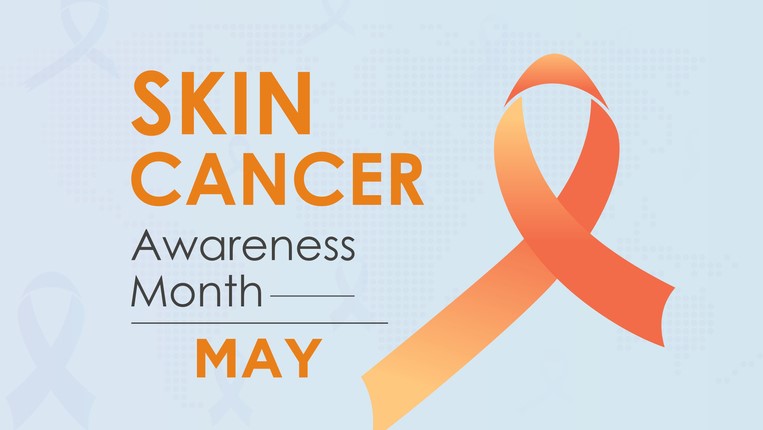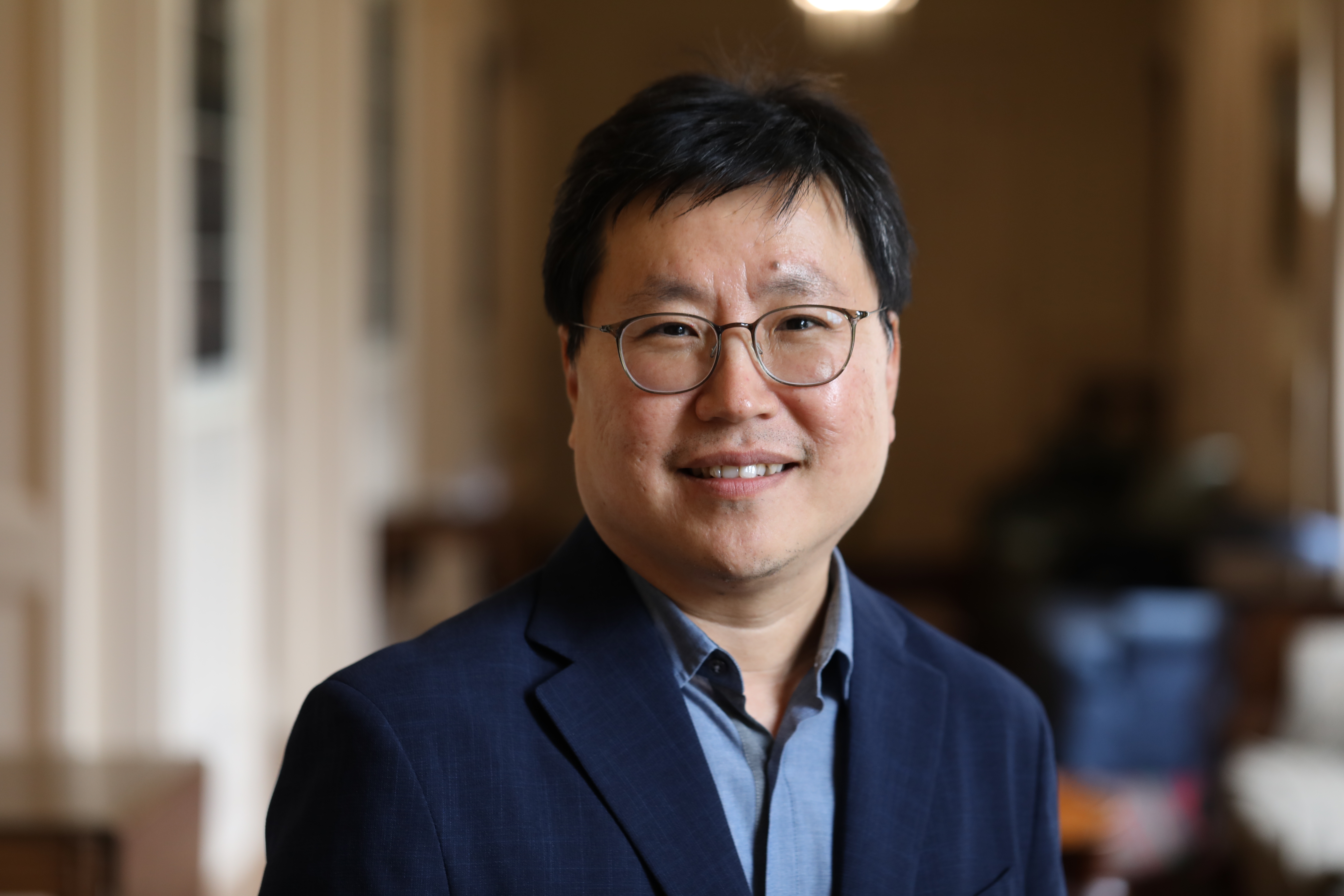Baylor Researcher Seeks to Understand the Drive for the Perfect Tan
May is Skin Cancer Awareness Month, but despite being the one of the most preventable cancers, the desirability of tanning is often stronger than the dangers of harmful UV exposure.

May is Skin Cancer Awareness Month.
Contact: Kelly Craine, Baylor University Media and Public Relations, 254-297-9065
Follow us on Twitter: @BaylorUMedia
WACO, Texas (May 15, 2023) – With summer on the horizon, the quest for the perfect tan has begun. However, there is no such thing as a healthy tan. Despite being the one of the most preventable cancers, skin cancer is the most common cancer in the United States, with more than 5 million cases of skin cancer diagnosed each year, according to the Skin Cancer Foundation.
Baylor University researcher Jay Yoo, Ph.D., associate professor of apparel merchandising in Baylor’s Robbins College of Health and Human Sciences, found that the social and cultural influences on the desirability of tanning – which has been associated with good health and an active lifestyle since the 1920s – is often stronger than the dangers of harmful UV exposure.
“The appeal of a tan is so strong in U.S. culture, it may be difficult for some people to stop or even reduce the amount of tanning,” Yoo said.
In his 2019 study, “Identifying factors that influence individuals’ intentions to quit body tanning: A sociocultural perspective,”, published in the international journal Social Behavior and Personality, Yoo identified what motivates people to seek the “perfect” tan.
Yoo surveyed 385 college students to understand how society effects their tanning behaviors and intention to quit tanning. His research found that the greatest influence on reducing risky tanning behavior was the perceived attractiveness from tanning, whereas skin-aging concerns positively influence their intention to quit tanning.
FINDINGS
Yoo’s finding’s provide important implications for skin cancer prevention campaigns. Instead of promoting the message of body tanning as an unhealthy behavior, focusing instead on untanned healthy bodies as a positive image can serve as an effective approach to decreasing skin cancer incidence. Using messages that accentuate a healthy body without tanned skin, should be promoted to boost a positive body image and to reduce the likelihood of engaging in risky tanning behaviors.
ACTIONS
To protect yourself and look great, the Skin Cancer Foundation recommends:
- Avoid tanning entirely: It’s the best way to safeguard against unhealthy, unsightly skin damage.
- Fake, don’t bake: If you want a golden glow, consider sunless tanning products. There are many options, but remember, when in the sun, you still need sun protection.
- Tone, don’t tan: Get radiant skin through exercise. Working out feels good and boosts your mood.
- Hydrate and eat great: Drink lots of water and choose whole, unprocessed foods. You don’t need to tan to look slim and your skin will thank you.
ABOUT THE AUTHOR
At Baylor, Yoo teaches courses in Fashion Theory and Consumption, History of Dress and Global Dress and Culture. He also has published his research in the Clothing and Textiles Research Journal, International Journal of Fashion Design, Technology and Education, Family and Consumer Sciences Research Journal, Social Behavior and Personality, and Human Factors and Ergonomics in Manufacturing and Service Industries.
He earned his Ph.D. in retail merchandising from the University of Minnesota-Twin Cities, his master’s degree in apparel design from Cornell University and his bachelor’s in clothing and textiles from Seattle Pacific University.
ABOUT BAYLOR UNIVERSITY
Baylor University is a private Christian University and a nationally ranked Research 1 institution. The University provides a vibrant campus community for more than 20,000 students by blending interdisciplinary research with an international reputation for educational excellence and a faculty commitment to teaching and scholarship. Chartered in 1845 by the Republic of Texas through the efforts of Baptist pioneers, Baylor is the oldest continually operating University in Texas. Located in Waco, Baylor welcomes students from all 50 states and more than 100 countries to study a broad range of degrees among its 12 nationally recognized academic divisions.
ABOUT ROBBINS COLLEGE OF HEALTH AND HUMAN SCIENCES AT BAYLOR UNIVERSITY
The Robbins College of Health and Human Sciences at Baylor University seeks to prepare leaders in health and quality of life through science, scholarship and innovation. Together, the departments housed within the Robbins College – Communication Sciences and Disorders; Health, Human Performance and Recreation; Human Sciences and Design; Occupational Therapy; Physical Therapy; Public Health; and a number of Army-Baylor graduate programs – promote a team-based approach to transformational education and research, establishing interdisciplinary research collaborations to advance solutions for improving quality of life for individuals, families and communities. For more information, visit the Robbins College website.
